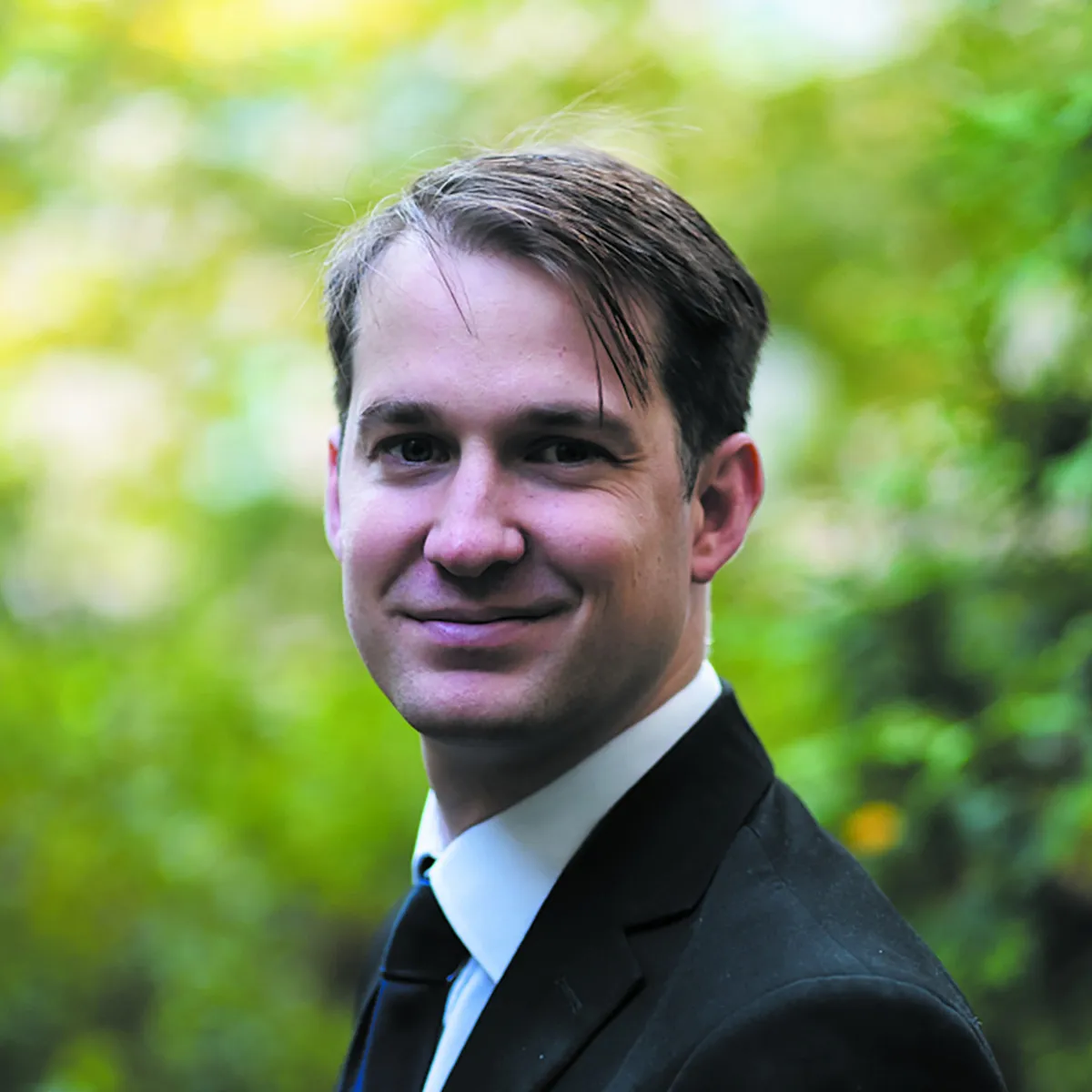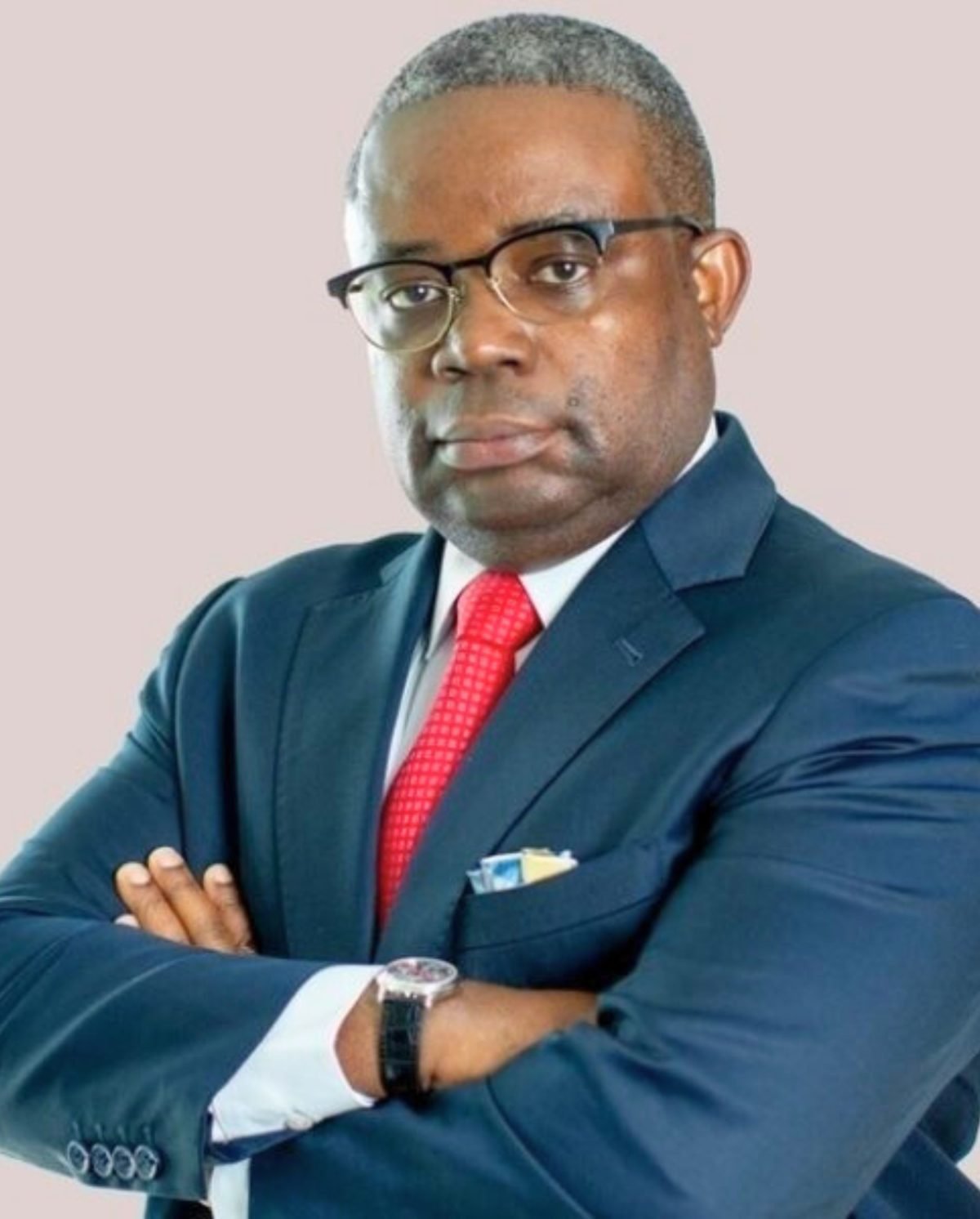For Armando Manuel, taking on the leadership of Angola’s sovereign wealth fund (SWF) – Fundo Soberano de Angola (FSDEA) – has meant coming full circle. After helping to launch the fund in the role of economic advisor to the Angolan president twelve years ago, Manuel led it for a year before assuming the role of minister of finance. Following three years at the helm of Angola’s economy, Manuel left the country to take up senior roles at the IMF and World Bank.
In late 2023, he returned to lead the FSDEA, but the fund, which as of September had assets of around $4bn, is operating in a very different local and global context from Manuel’s first stint 12 years ago.
Angola has undergone substantial political change, with the 2022 death of former long-term president Eduardo dos Santos the catalyst for the further prising away of his family’s vice-like grip on government and business. Under João Lourenço, dos Santos’ successor since 2017, the government has promised privatisation, improved transparency and diversification beyond oil, which dominates the economy and provides the basis for FSDEA, but today sits below $70 a barrel.
Eight years on, the reform agenda has had mixed fortunes under a barrage of global crises, but it is clear that the government – and the fund which it owns – retain broader aspirations.
Manuel says the focus of FSDEA has shifted from its role as a guarantor of the stability of Angola’s precarious oil economy, to a fund which invests in productive sectors at home and in Africa more broadly. “[Previously] it was a savings fund that initially had a stability function mandate. Due to the compound crises, we removed the stability mandate, because if you have a number of crises and you don’t have the fiscals stable, you can drain the fund so fast.
“And then we launched a number of reforms, first of all to reform the investment allocation in terms of investment classes, and to ensure a suitable distribution between fixed assets and non-fixed assets, securities and alternatives.
“And we came up with this idea… that under equilibrium the savings must be equal to the investments. Which means that while you have resources invested in securities – we have close to two-thirds of our portfolio exposed to the US market and Europe – we lift up the headroom for alternatives to ensure that… the gains we have from securities are reinvested in real sectors.”
Investing in the real economy
While investments in foreign securities still dominate, Manuel says the fund has headroom in the next five years to deploy up to 40% of its investment allocation into alternative investments on the continent, including in Angola itself.
“That’s where we expanded our exposure to a number of African countries – investing in mining, ICT, energy, agriculture, hospitality – and we started to look more to the country [Angola]. We look at the national development plan and try to identify areas not overlapping with the government and existing financial system but provide some complementarity. The strategy was to make a deep assessment of a number of sectors and try to identify the gaps in the value chain.” Foremost among these gaps, Manuel says, is a dearth of fertilisers to improve the country’s paltry agricultural yields. Investing offers a chance to grow an industry and support farmers, he says.
“Decades ago Angola played a significant role and was a top world producer of a number of crops – this has gone. In order to do that today you have several factors to work on, and one of the key factors is fertilisers.”
Cash crops a priority
Given Angola’s food security problems – the World Food Programme estimates that chronic malnutrition (stunting) affects 40% of children aged 6-59 months – the fund has also highlighted cash crops as a priority. “It helps to feed the local market but [also] helps to ringfence the balance sheet, because you can export those cash crops, like avocado, palm oil and so on.”
Animal protein is another area of expansion – FSDEA co-invests in firms like Lottie Empreendimentos, a company engaged in chick production in Cuanza-Norte that supplies poultry farms. “Angola depends heavily on imports, [but] this is a product you can incubate in a few days. You grow a chicken in 30 days, while most crops take three months. So we put a stronger agenda on this to ensure we can support the rebalancing of imports and domestic production.”
The co-investment strategy is one the FSDEA is keen to expand. “Despite the fact that we can do debt and a senior debt approach of mezzanine, we work always in equity; we always identify a private investor. We analyse the project, the bankability. And we chip in as a co-investor. This makes us the right partner for foreign investors – we are willing to put in equity, we have convening power, we can navigate within institutions across the continent.”
In June the model was on display when the Fund signed an agreement for it, alongside the Swiss-headquartered Menomadin Group, to contribute $50m each in initial capital for the Lobito Corridor Impact Development Platform, a facility designed to mobilise up to $1bn for productive enterprises and industrial integration along the ambitious US-backed infrastructure and commodities corridor spanning Zambia, Angola and the DRC.
Benefiting from privatisation
The SWF’s co-investing model dovetails with the Angolan government’s desire to welcome private investors to the traditionally state-dominated economy. While the government initially earmarked the privatisation of 178 assets by 2022, it had fallen around halfway short of the ambition by 2023 under the pressure of Covid-19 and other events.
While privatisation plans continue – recent reports suggest plans are afoot to privatise state airline TAAG and sell stakes in dominant telco Unitel and local banks – another option is for the government to transfer assets to FSDEA.
Manuel says that would create co-investment opportunities and help reduce the fund’s dependence on volatile oil revenues.
Relations with government
While the fund’s proximity to government can be an advantage when it comes to the transfer of assets, an overtly cosy relationship could raise transparency concerns, given the unhappy history of state dominance of Angola’s economy, which fuelled decisions of limited commercial logic.
“Our first task as we returned to the institution was to strengthen the governance model… We were clear it was important to follow the Santiago Principles [for SWF governance, endorsed by the IMF]. Investment decisions should not depend on the government.
“We looked at the national development plan and talked with authorities about what they were expecting from us, and the understanding was that, given the compound crises which have hit the country, the low growth of GDP… it was important the fund gave a contribution to speed up the transformation of the economy. We’ve been working in those areas with a clear strategy and governance principles.”
Want to continue reading? Subscribe today.
You've read all your free articles for this month! Subscribe now to enjoy full access to our content.
Digital Monthly
£8.00 / month
Receive full unlimited access to our articles, opinions, podcasts and more.
Digital Yearly
£70.00 / year
Our best value offer - save £26 and gain access to all of our digital content for an entire year!

 Sign in with Google
Sign in with Google 



